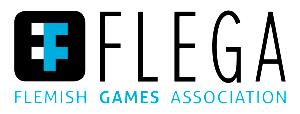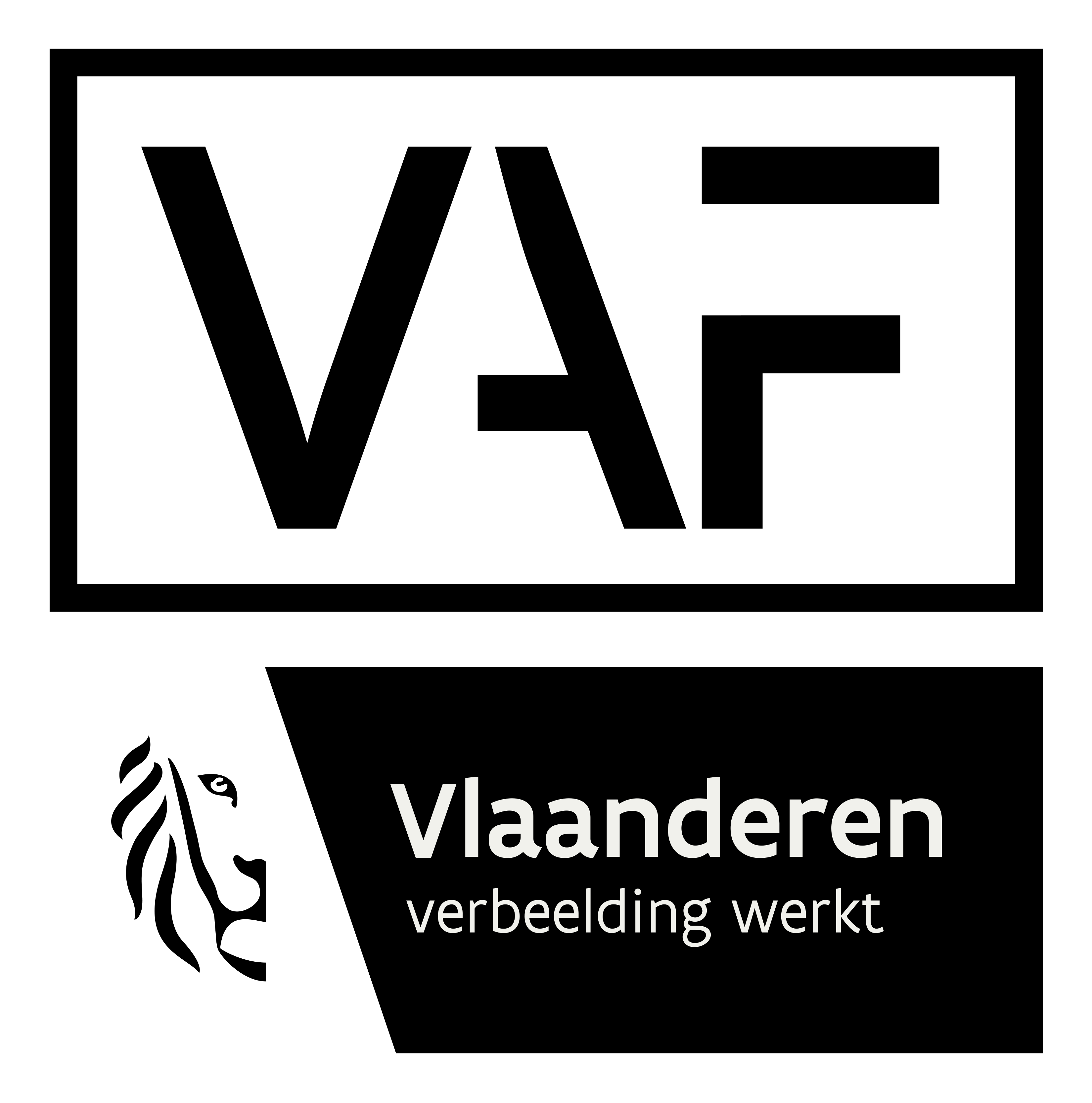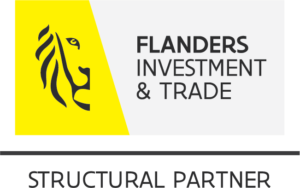In this series of blog posts, the tax lawyers of Mythra provide you with an overview of the existing Belgian tax incentives that you, as a game developer, could benefit from.
In the previous blogs, we focused on the compensation for the transfer of copyright,the wage withholding tax,the Innovation Income Deduction and seed capital.
Today, we focus on management incentives. Sometime in the future the moment will arrive that you (and your co-founders) will no longer be able to develop your game alone. You will rely on technically qualified staff to assist you with the (further) growth of your company. In a previous blog, we explained how to increase the net remuneration of your employees through the compensation for the transfer of copyright. In addition, in certain cases, you can decrease your payroll cost through retaining up to 80% of the wage withholding tax on your employees’ wages.
These tax incentives aim at increasing the current remuneration of your employees, but do not necessarily give them a reason to remain at your company. In order to retain your key employees, you could grant them management incentives (such as stock options or profit premiums). These management incentives do not only retain employees loyal to your company (since they can benefit from the future growth of the company and hence are motivated to go the extra mile), but may also – subject to certain conditions – benefit from a favorable taxation regime.
Stock options
A stock option gives the holder of the option the right, but not the obligation, to buy a share at an agreed-upon price after a certain period of time. Take the following example: today, your employee receives a stock option which gives him or her the right to buy a share in your company within 4 years’ time. At the time the stock option is granted, the value of the shares of the company equals EUR 100 (i.e. the price of the stock option). Your company is doing well and therefore the share is worth EUR 500 after 4 years, when the employee can exercise the option. Hence the employee can now buy a share in your company worth EUR 500 for only EUR 100. If the employee were to sell the shares immediately after the acquisition in the market, he/she will then realize a tax free capital gain of EUR 400.
The employee does not only benefit from a tax free capital gain. His or her tax benefit is even higher. Indeed, non-cash remunerations (so-called ‘benefits in kind’) granted to an employee are normally taxable at the fair value, being the amount that he/she would have had to pay himself/herself to acquire the benefit in the market. In case of stock options on shares that are currently worth EUR 100, the employee would in principle need to pay personal income tax on EUR 100. However, certain benefits in kind, such as stock options, are valued on a lump sum basis.
Subject to certain conditions, stock options granted to employees are taxable at only 18% of their value. In certain cases, the taxable benefit in kind may even be decreased to 9%. In the example above, this means that the employee is not taxed on EUR 100, but only on EUR 18 (or even EUR 9).
Favorable lump sum valuation could also be available for other share based incentives, such as warrants or even ordinary shares.
Profit premium plan
At the end of 2017, a new profit premium plan was introduced by the Belgian legislator. In a nutshell, the profit premium plan is a legal framework for an employer to distribute (part of) its profit to its employees, who are able to benefit from a favorable tax and social security regime.
An employer has the free choice to implement a profit premium plan, which needs to be collective (i.e. open to all employees), but leaves the possibility to differentiate between employees (based on objective criteria). The total amount of the profit premium may not be higher than 30% of the of total gross salary.
The profit premium is subject to a social security contribution of 13,07% and a 7% flat rate tax, which is significantly more beneficial than ordinary salary.
Want to know more?
Belgian tax legislation provides for some interesting tax incentives aimed at seed capital. However, not all types of incentives benefit from this regime. In addition, qualifying for these tax incentives requires the fulfillment of certain conditions and formalities and, therefore, the intervention of specialized tax practitioners with ample experience in the game industry. Should you wish to obtain more information on how the compensation for the transfer of copyright could apply to your business, feel free to contact Mythra Tax Lawyers.
This concludes our final tax blog post. We hope you enjoyed it. Through these posts, we have provided you with the key tax incentives any Belgian game developer should know about. Every situation is unique, however. Should you have further questions or thoughts, feel free to contact Mythra Tax Lawyers. They will be more than happy to guide you through the Belgian tax landscape over a cup of coffee.







